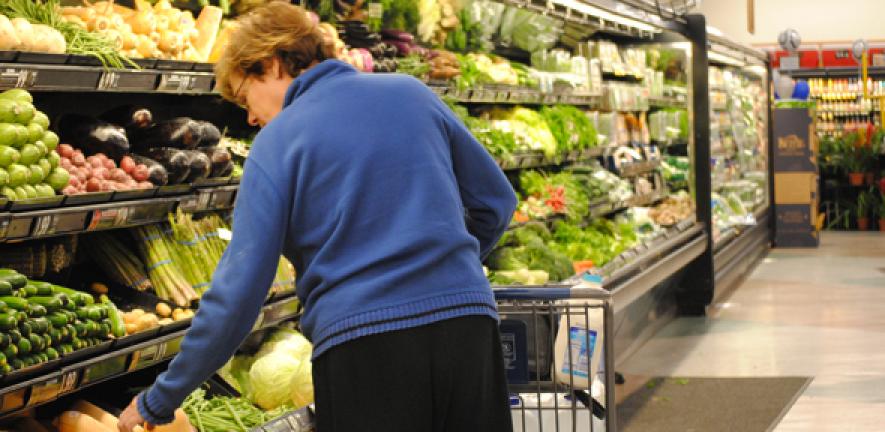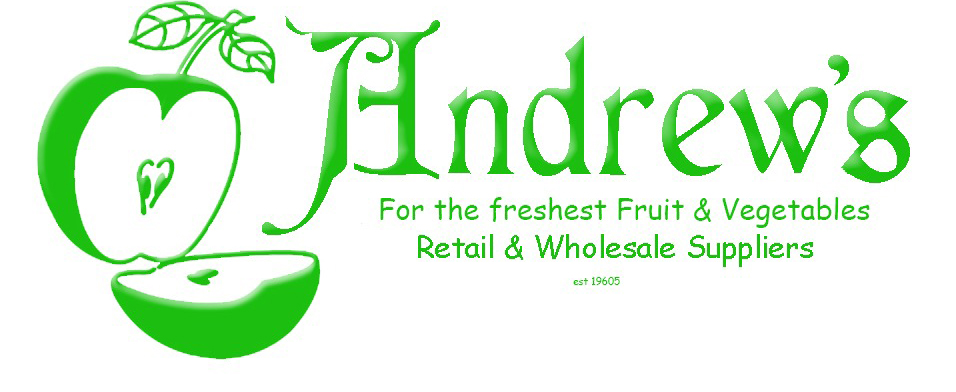
Farmers receive less than 1p selling to supermarkets
New report "Unpicking Food Prices by Sustain finds farmers receive miniscule proportion of the profit after supermarkets and middlemen take their cut.
Farmers are often left with less than 1p of profits for their produce if they supply supermarkets, a new report has found.
The report, by campaign group Sustain, tracked everyday food items, including apples, cheese, burgers, carrots and bread, and found farmers are left with little after middlemen and supermarkets have taken their cut.
According to the analysis, for a wrapped, sliced loaf of bread, the farmer spends 9.03p in production, yet receives an almost negligible profit (0.09p) on a selling price of £1.14. For a loaf made bought in an independent bakery, they make 0.5p profit, while profit made by the baker also sustains a local economy.
For 1kg of carrots purchased in a supermarket (about seven carrots), the carrot grower would have spent 14p, yet receives negligible profit with prices so low that margins across the carrot supply chain are tiny. Carrots are a common loss leader in supermarkets.
For four beefburgers the processor gains ten times the profit of the beef farmer.
By contrast, in shorter chains run by social enterprises like vegetable box schemes, co-ops and food hubs, more value reached farmers and their workers.
“It is astonishing how little of the money we pay for our food ends up in the hands of the farmers and growers. Farmers carry a lot of risk and work in difficult conditions to put food on our table,” said Vicki Hird, head of farming at Sustain.
“If we’re to give our farmers the chance to change how we produce food, they need to keep more of the value so they can invest and use new approaches. We should not let intermediaries and food buyers hold all the bargaining chips.”
Lead researcher on the report, Professor Lisa Jack, from the University of Portsmouth, said: “Our food systems have very high production and overhead costs, yet what profits there are, could be shared more fairly along the supply chain, supporting not just affordable food but better incomes for those working in the industry.”
Sustain pointed to the fact that, while farmers are crucial in managing land and restoring nature, debates on farm policy, which put environmental aims at the forefront, largely ignore how the money is allocated in supply chains.
The report said paying farmers more would not require end food prices to rise, the group said, and outlined recommendations around strengthening different routes to market and more rules around paying farmers fairly.
While supermarkets are also not making any profit on items like carrots, the report pointed out that they can sell at volume, cut overheads to find profit margins and can also sell a wider range of goods to find profit, such as fuel, alcohol, and confectionery.
In contrast, farmers and growers have far fewer options and have low bargaining power within the system.
“Crucially, our report shows that paying farmers more need not mean higher food prices so retailers cannot use that excuse – there would be little impact on many products’ retail prices if farmers were paid more,” said Hird.
Recommendations to government include:
Tougher regulation to redress the imbalance of power between farmers, processors and the supermarkets including supply chain codes of practice and better labelling to ensure transparency.
Better routes to market for farmers by increasing the market share of shorter and farmer-focused supply chains, public investment in localised agri-food infrastructure (such as sorting, drying, hubs) and dynamic public procurement models to source from a large range of farmers and growers.
More transparency in supply chains, greater mandatory reporting and acknowledge the huge overheads in the current, complex system.


